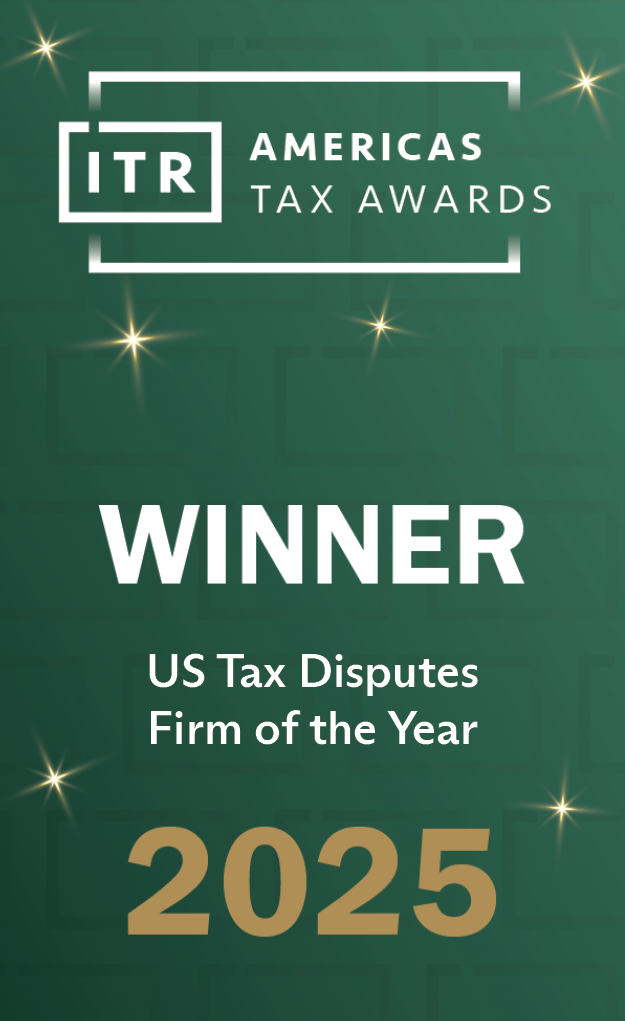Earlier this year, the Internal Revenue Service (IRS) announced the creation of a new Joint Strategic Emerging Issues Team (JSEIT). The new initiative, announced at the New York University School of Professional Studies Tax Controversy Forum in June, brings together different agency divisions and organizations to identify and address emerging tax compliance issues. Various divisions, such as the Small Business/Self Employed (SB/SE), Large Business & International (LB&I), Tax Exempt/Government Entities (TE/GE) and Criminal Investigation divisions, will work together to bring each division’s expertise and specialties into one place to quickly address new issues that are brought to the IRS’s attention.
The goal of JSEIT is to help taxpayers with compliance issues and message them about which transactions work or do not work from a compliance perspective. The purpose of JSEIT is to act as a communication vehicle to identify areas that should be looked at in more detail by the various IRS divisions. In this vein, JSEIT seeks to provide messaging to taxpayers on emerging issues so that they are informed early on as to how the IRS views a particular transaction. JSEIT is not focused on transactions the IRS has already deemed abusive (e.g., certain syndicated conservations easements and micro-captive insurance transactions) but seeks to identify developing issues and alert the public to those issues.
JSEIT has not yet identified any specific emerging issues or transactions that it is investigating. Rather, it receives input from various sources, such as the public and IRS personnel, as to emerging issues to keep an eye on. One example of input from the public is a June 28, 2022, letter from a retired certified public accountant discussing “multinational profit-shifting structures” and Internal Revenue Code Section 482 and the application of effectively connecting income taxation.
JSEIT also looks to social media and ideas that are posted on the internet. This is consistent with the actions of LB&I examination teams, which frequently look to US Securities and Exchange Commission filings and LinkedIn profits and posts to gain background information on corporate taxpayers and their operations.
The IRS Office of Chief Counsel is also involved in JSEIT. Chief Counsel attorneys sometimes hear about a new transaction from a tax practitioner or an examination team and can bring that to JSEIT so that it is aware of the new transaction. This allows Chief Counsel attorneys to be involved early on and to provide guidance to examination teams as to what transactions it believes are compliant and which are not. For example, Chief Counsel attorneys can tell revenue agents what to look for in an emerging issue and what information to request from the taxpayer to gain a better understanding of the transaction.
As we recently discussed, the IRS is set to receive significant funding that will be deployed to improve taxpayer service and enhance tax compliance. JSEIT may benefit from this increased funding and be able to identify more issues on which to focus and the most effective ways to promote taxpayer compliance.
More information about JSEIT can be found in Bloomberg Tax’s Talking Tax podcast episode, “IRS Aims to Stop Abusive Schemes From Gaining Traction.” In the podcast, Benjamin Schwarz, senior advisor to the SB/SE commissioner, and Holly Porter, associate chief counsel for Passthroughs & Special Industries, discuss the goals of JSEIT, the divisions involved and the issues JSEIT is focusing on.
Practice Point: The IRS is continuing its efforts to identify and potentially stop transactions that it believes are abusive and not in compliance with tax law. JSEIT is the IRS’s next step in said effort and seeks to draw upon the collective expertise of the IRS across different divisions. It remains to be seen whether JSEIT is any different from LB&I’s Compliance Campaigns, a program that the IRS lauded as the next step in cross-department examinations. We are hopeful that the IRS will follow through with its promise of transparency and publish its findings on the issues that it is following and how it views new transactions from a tax compliance perspective.







